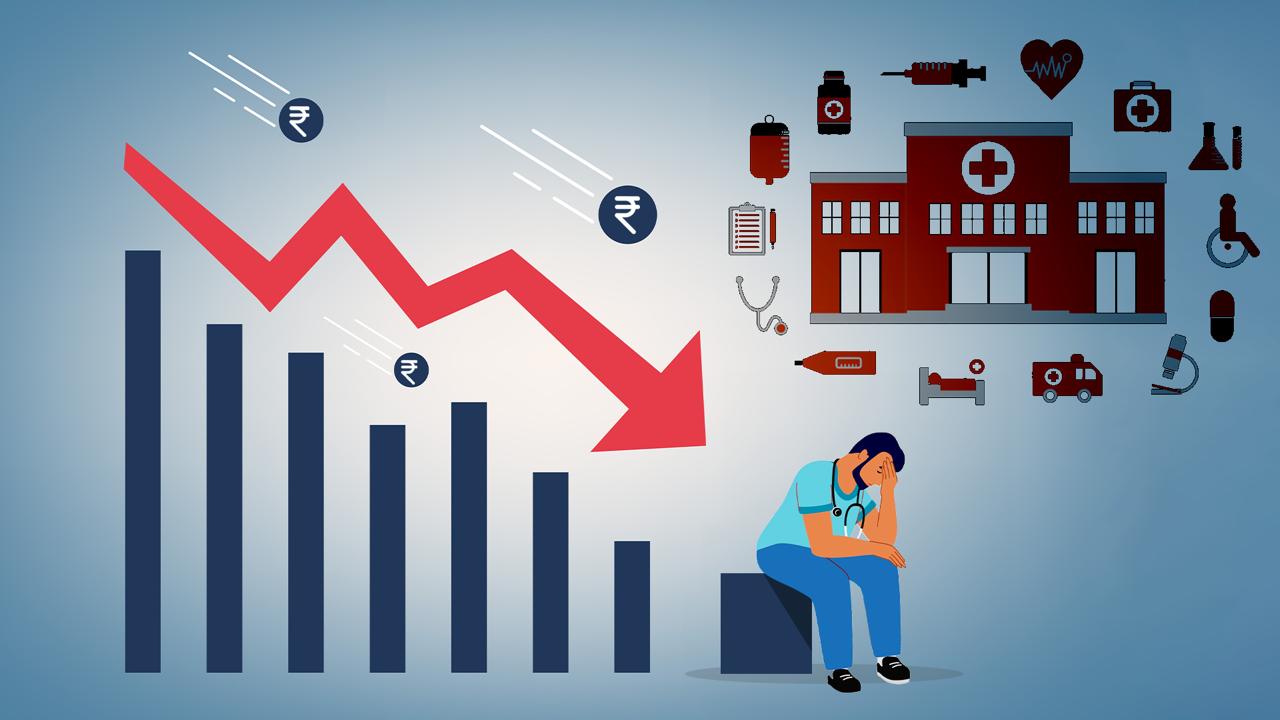
Navigating the Crossroads: Balancing Business Models and Patient-Centricity in Indian Healthcare
India's healthcare system stands at a critical juncture, grappling with the tension between profit-driven models and the imperative to deliver patient-centered care. This article delves into the complexities of this landscape, analyzing the current structure, charging patterns, and the role of health insurance, while exploring recent legal developments and their potential implications. A Multifaceted System with Uneven Access: India's healthcare system is a blend of public and private sectors, resulting in significant regional disparities in accessibility, quality, and affordability. While the private sector dominates, offering diverse platforms like hospitals, clinics, and telemedicine, concerns persist regarding its prioritization of profit over equitable access and quality care.

Is it fair to fix charges of healthcare services?
After the Supreme Court's stern comments on determining the fees for medical services, there is a sense of ambiguity and frustration among doctors and hospital administrators. Throughout the country, there is now a debate on whether the government can indeed determine the value of healthcare services. Before the government attempts to set the fees for healthcare services after the comments of the Supreme Court, it is necessary to be aware of some important facts.

Analyzing Hospital Economics Across India: A Comprehensive Perspective
The dynamics of establishing hospitals in India are intricately tied to the tier of the city in which they are situated. Each tier presents unique challenges and opportunities, shaping the economic landscape for healthcare ventures. Let's delve deeper into the nuances of hospital setups across Tier 1, Tier 2, and Tier 3 cities, including an exploration of the rural segment.

Daily Obstacles Faced by Medical Doctors in India
Medical professionals in India face lot of challenges these days. Some of the challenges being faced in day to day practice by doctors have been summarized in the blog. It is important to note that these are just some of the potential obstacles faced by medical doctors in India. The specific challenges may vary depending on the individual doctor's practice setting, specialty, and location.


Proxy Consent - Do's and Don'ts
Taking patient’s consent is a doctor’s legal and ethical obligation. Patient consent must be voluntary and informed and can be implicit or explicit. It is a fundamental acknowledgement of patients' autonomy and freedom of choice. Consent given and taken appropriately enhances and strengthens the doctor-patient trust. It is legally obligatory in India to obtain written informed consent of the patient for every medical intervention.








